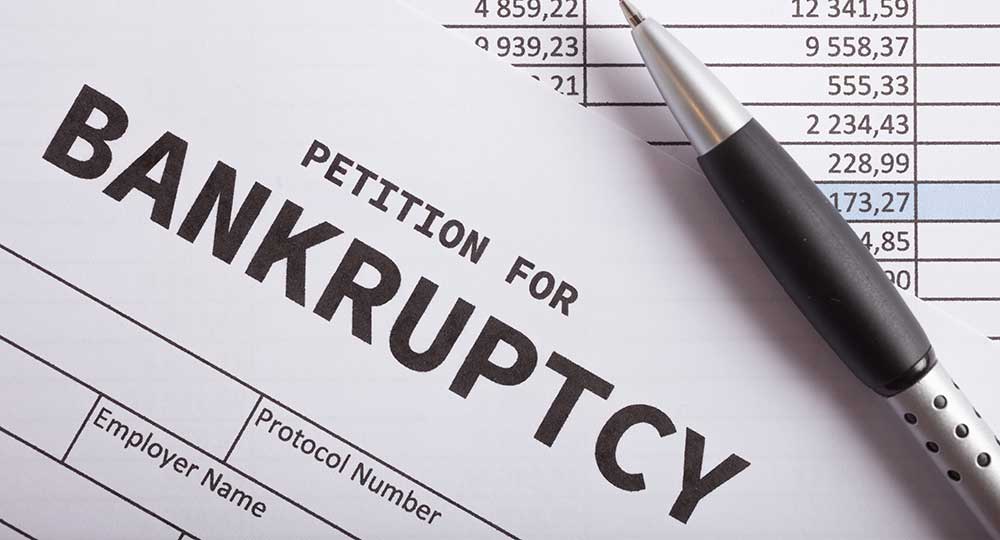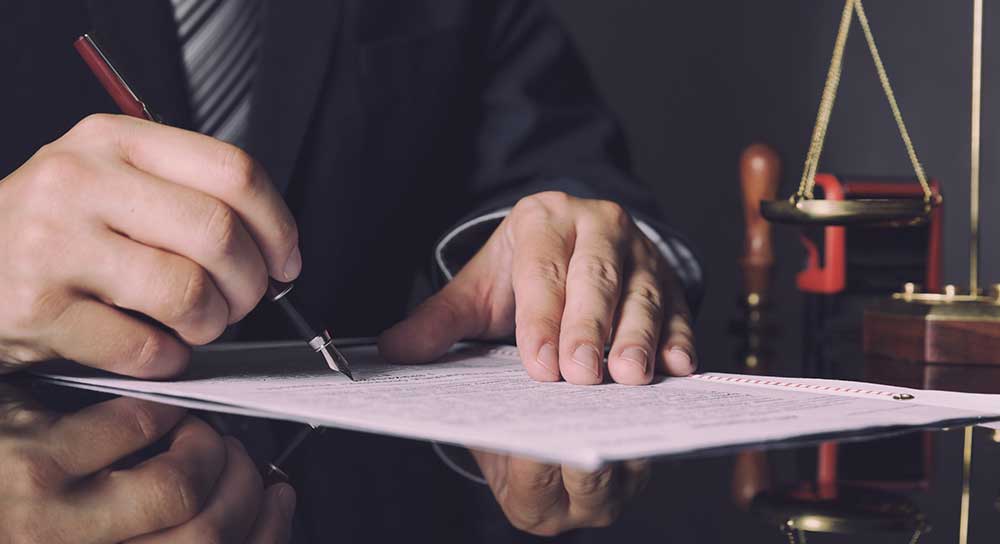A Commissioner for Oaths is a vital role in the Malaysian judicial system. In Malaysia, there are roughly 4,000 Commissioner for Oaths licensed in Malaysia.
Their role shouldn’t be confused with that of a notary public, even though the work of the two may appear similar. This article explains what a Commissioner for Oaths is and their roles so you can choose the correct official for your circumstances.
What is a Commissioner for Oath?
A Commissioner for Oaths (CFO) is a public officer appointed by the Malaysian government and authorised to administer oaths and affirmations to individuals making sworn statements or affidavits. It is essential in the legal system, as Commissioners for Oaths are crucial in ensuring that legal documents are appropriately executed and authenticated.
Roles of a Commissioner for Oaths in Malaysia
As a Commissioner for Oaths, they have various responsibilities and duties. These include:
(1) Administering oaths: The primary responsibility is administering oaths and affirmations to individuals making sworn statements or affidavits. CFOs must ensure that the person understands the nature and consequences of an oath.
(2) Verifying identification: A CFO is responsible for verifying the identity of the individuals appearing before them. This is crucial to ensure that the person making the sworn statement or affidavit is who they claim to be.
If there is more than one person whose signature is needed, they must all sign in person. It is not enough that one person signs on behalf of them all.
(3) Ensuring accuracy and completeness: The CFO must ensure that the statements or affidavits made by individuals are accurate and complete. This includes reviewing the documents for errors or inconsistencies and requesting necessary corrections.
The Commissioner will read the document’s content and ensure that the person understands the document they are signing.
There will often be complex legal terminology unfamiliar to someone not legally trained. The Commissioner will explain this so those individuals appreciate how it will impact them if they sign the document.
(4) Maintaining records: CFOs must maintain proper records of all oaths and affirmations administered by them. This includes keeping a register of the names and addresses of the individuals, the date and time of the oath or affirmation, and the nature of the document.
If the Commissioner for Oaths is a solicitor, they can perform many tasks that others can’t. This can include;
- receiving acknowledgements of bail bonds from married women
- administering oaths in situations such as justifying bail, pleas, demurrer
- swearing in executors/administrators and
- examining witnesses; taking/receiving an answer
However, a Commissioner for Oaths may only be a witness for a document if they have been authorised to do so under a relevant law such as the Hire Purchase Act, the Moneylenders Act, the Sabah Land Ordinance, or the Legal Professions Act.
Commissioner for Oaths vs. Notary Public
Commissioners for Oaths and Notary Publics are legal professionals authorised to administer oaths and affirmations and certify and authenticate legal documents. It is important to note that ethical and professional standards bind both professionals, and failure to adhere to them may result in disciplinary action.
However, there are some critical differences between the two.
- Appointment – CFOs are appointed by the Chief Justice, while Public Notaries are appointed by the Attorney General of Malaysia.
- Fees – Fees charged by the Commissioner for Oaths are regulated by the Commissioner for Oaths Rules 1993, while the fees charged by Public Notaries are not regulated and may vary depending on the complexity of the document and the level of service required.
These similar positions are, in fact, different. The most crucial difference is that a Notary Public can only verify the legality of documents by confirming signatures, oaths and other requirements for overseas use only. The CFO service will be required if the document will be used in Malaysia.
In summary, while the Commissioner for Oaths and Public Notary are involved in the authentication of legal documents, the key differences lie in their scope of authority, appointment process and fees. It is essential to understand these differences when seeking the services of either profession to ensure that the appropriate professional is engaged for the specific requirements.
How to be a Commissioner for Oaths in Malaysia
(1) Obtaining the necessary qualifications and certifications
To become a Commissioner for Oaths, you must first obtain the necessary qualifications and certifications. This includes completing a law degree from a recognised university or obtaining a professional qualification equivalent to a law degree.
(2) Applying for the Commissioner for Oaths license
Once you have the required qualifications, you can apply for the Commissioner for Oaths license. The application process typically involves submitting an application form and supporting documents to the relevant authority.
(3) Training and professional development opportunities for Commissioners for Oaths
After obtaining the Commissioner for Oaths license, continuously enhancing your knowledge and skills is vital. Training and professional development opportunities are available for Commissioners for Oaths in Malaysia. These include attending seminars, workshops, and legal practice and administration conferences.
It is not necessary to be a solicitor to be a Commissioner for Oaths, but some commissioners are.
Other requirements for being a Commissioner for Oaths include:
- Aged between 21 and 66, and
- Holding an SPM or degree equivalent to that
- In good mental and physical health
- Not a bankrupt
- A clean criminal record
There are further exclusive criteria that a Commissioner for Oaths must satisfy. They must be either one of these:
- A lawyer who has had seven or more years of experience
- A public official/officer in the government
- A member of a body established by statute
- Someone whose past professional experience qualifies them to be a Commissioner.
Services and fees
Commissioners for Oaths provide various services, including administering oaths, affirmations, and statutory declarations. The fees for these services vary depending on the complexity and nature of the documents.
These fees are regulated by the Commissioner for Oaths Rules 1993.
| Type of document | Fees (RM) |
| Original copy of an affidavit | 10.00 for each deponent |
| Exhibit attached in an affidavit | 5.00 for each exhibit |
| Subsequent copy of affidavit | 5.00 for each deponent |
| Subsequent copy of exhibit | 2.00 for each exhibit |
| Letter of undertaking, statutory declarations, other legal documents | 10.00 for each document and 5.00 for subsequent copy |
I need a Commissioner for Oaths – what should I do?
Perhaps you need help with a statutory declaration, affidavit or another legal document for use in a court. First, identify the purpose for which you require the services of a Commissioner for Oaths. This will help you determine the type of document that needs to be commissioned to the appropriate Commissioner for Oaths to approach.
Next, search for a Commissioner for Oaths in your area. You can do this by checking with the Bar Council’s website or searching online directories. Ensuring the Commissioner for Oaths you engage is authorised to commission the document you require is essential.
- Bring all original document that needs to be commissioned, as well as any supporting documents or identification that may be required.
- During the appointment, the Commissioner for Oaths will verify your identity, witness your signature on the document, and add their official stamp or seal to the document, certifying that it has been commissioned per the law.
- After the document has been commissioned, ensure that you keep the original safe and secure, as it may be required for legal or official purposes.
Conclusion
In sum, the role and responsibilities of a CFO in Malaysia are crucial in ensuring that documents are legitimately and lawfully commissioned. This significant trust and integrity role involves verifying identities, witnessing signatures, and applying an official stamp or seal on documents.
Engaging with a CFO involves a clearly defined process, as outlined above. Ensuring that you have all necessary original and supporting documents, verifying your identity during the appointment, and keeping the commissioned documents safe are essential steps to ensure a smooth and efficient process.



